New blood for the old body
Many of us never meant to become farmers. We had our ambitions to enter the world as accountants or lawyers or teachers or some other clean, respectable professional. We never really thought about the origins of our food; we always knew that the supermarket shelves would fill themselves, food came in boxes or cans ready to serve and farmers were simply one dimensional photographs in the mix of a hot new marketing campaign.
Farming was at best some idyllic retirement scheme, never a seriously considered career possibility.
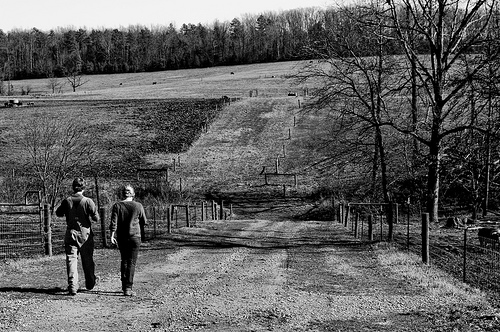
But then something happened. In the previously steady route of our lives, a shift occurred. The soil moved under us somehow, got stuck in the creases of our pants, in the ridges of our shoes, in the lines of our palms. Suddenly white picket fences, situation comedies and mutual fund returns didn’t seem so interesting anymore. The big ball game and the driving range became distractions from the reality of a new love affair. We got hooked on the possibilities of growing our own food and also providing that food to others.
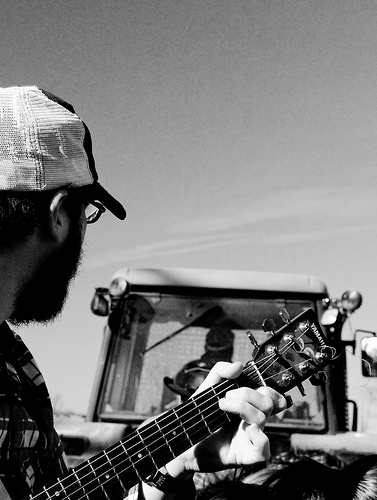
The epiphany was likely different for many of us. Maybe a friend took us to a farmers market. Maybe someone had a plate of local hamburgers or collards at a picnic. Maybe the news of some global food disaster made us question the monocultures piled high on our plates. Maybe a real life farmer entered our life.
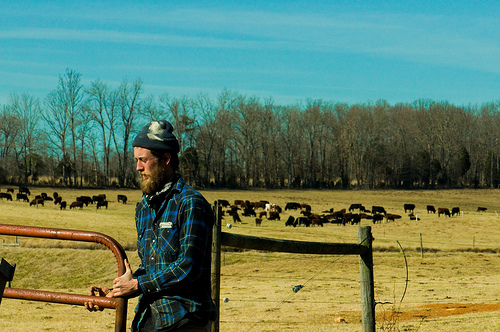
For a few of us, those with farming in our past – a childhood spent in the fields of the big farms or the family plots, throwing rocks into the hedgerows for little or no pay or watching over milking machines in the stench of industrial sized barns – there was no love, no kind of encouragement, no appreciation for our part in the dynamics of food production. We were simply limbs and calluses then, small gears in a giant cranking clock. We left the farm to pursue something else only to be pulled back hard when it became apparent that we could abandon everything that farming once meant to us. We could make it ours.
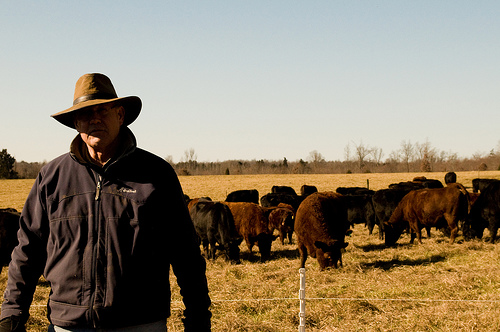
Still others came to farming from DIY and anti-authoritarian backgrounds, building urban community gardens or putting up food in anarchist collectives. Gardening always had a community aspect to it, but we wanted something more. We knew that we could do the work, that we had the right vision and skills. We just needed the access and the resources to get started.
Regardless of how we arrived at this point, here we are; we will call ourselves farmers from now on.
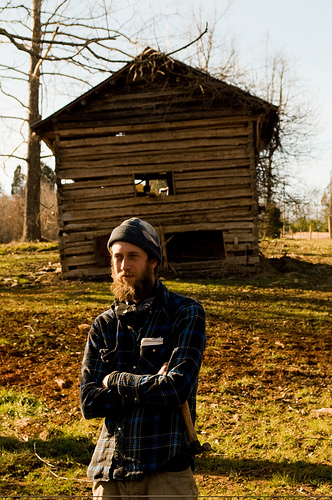
Our new loves – with their sharp hooves and unfamiliar odors, bright green leaves and bee covered flowers – give all the confidence to continue and pursue every goal we can imagine. Our new hates – hail, crop failures and rain on market days – fully test our tolerance and keep those same goals in the territory of attainability. Throughout all the highs and lows we can look at ourselves over and over again knowing that, if we stick to our ideals, we can do noble and appropriate work no matter what happens.
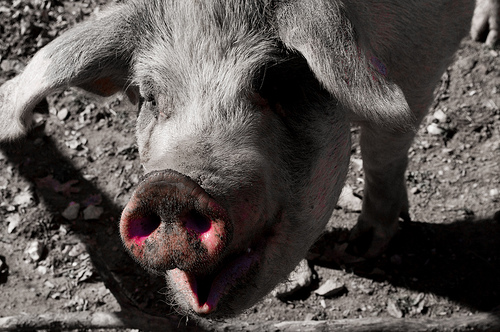
Local and sustainable farmers are our peers and our heroes, the most supportive, loving and steadfast community we could ever hope for.
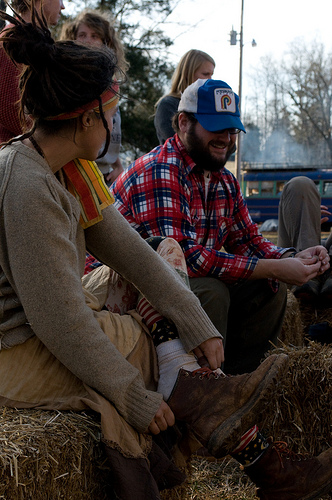
We young and new farmers have the opportunity to change the features of the agricultural systems we have come to inherit. Through the way we speak, act and work we can change the old infrastructure, market by market and county by county. We have the time and ability to influence extension agents, educational systems and other institutions to make them function the way we need them to function in order to attain a sane and purposeful community based food system.
We are the new blood in the old body.
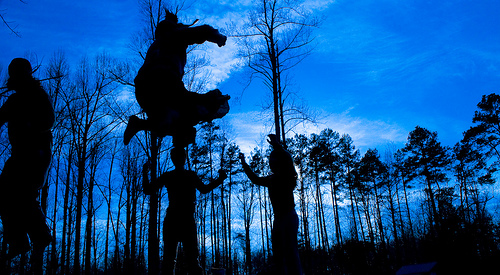
13 Responses to New blood for the old body
-
-
Trace –
You can speak for me anytime!
Thanks for giving such eloquent voice to the soul of our movement.
-
-
-
Thank you for articulating what we can’t all find the words to say. And for doing what so many of us, so far, have only dreamed of doing.
-
-
-
This is simply beautiful.
& a big THANK YOU to the new bloods.
-
-
-
Trace, your posts add significant value to our efforts as a mob. Thank you for documenting. It’s wonderful to read!
-
-
-
You’ve outdone yourself with this post!
-
-
-
What a beautiful and inspiring discription of youth, farming, and so many things. I work on a couple farms in Northeast CT, and it’s great to find information on what other young farmer folk are up to. I’ll be following your escapades! Check out my blog if you feel like it http://yawantapeanut.blogspot.com/
thanks
Emma
-
-
-
Great work. The in-town farmers markets in Greensboro and Winston-Salem speak to the heart of the region and combine all the traditions. My first stop whenever I visit.
-
-
-
Beautifully said!!!
-
-
-
Hi Trace – A friend of ours just forwarded some information about HR 875, the Food Safety Modernization Act of 2009.
You’ve probably seen the YouTube video that’s going around or the Sunlight doc.
What do you know about this bill? Is it as bad as some people allege? It does seem sort of nefarious, and of course it’s being vigorously sponsored by Monsanto et al.
Thanks
-
-
-
I’m a library information assistant and I came upon your site while researching a customer’s question. I’ve enjoyed the posts I’ve read. In my experience, however, the small farm/buy local movement cuts across all generations. Here in Vancouver, WA (across the Columbia River from Portland, OR), grower-vendors at the farmers’ market range in age from 20-somethings to 85. Some older growers are carrying on a family tradition while others retired from city careers.
That’s the great thing about the movement – it’s bringing generations together again.
Geri
-
February 5, 2009 at 4:55 pm
This is the best post I have read yet. I love following the blog and knowing how many people are quietly changing their lives for health, security and community.